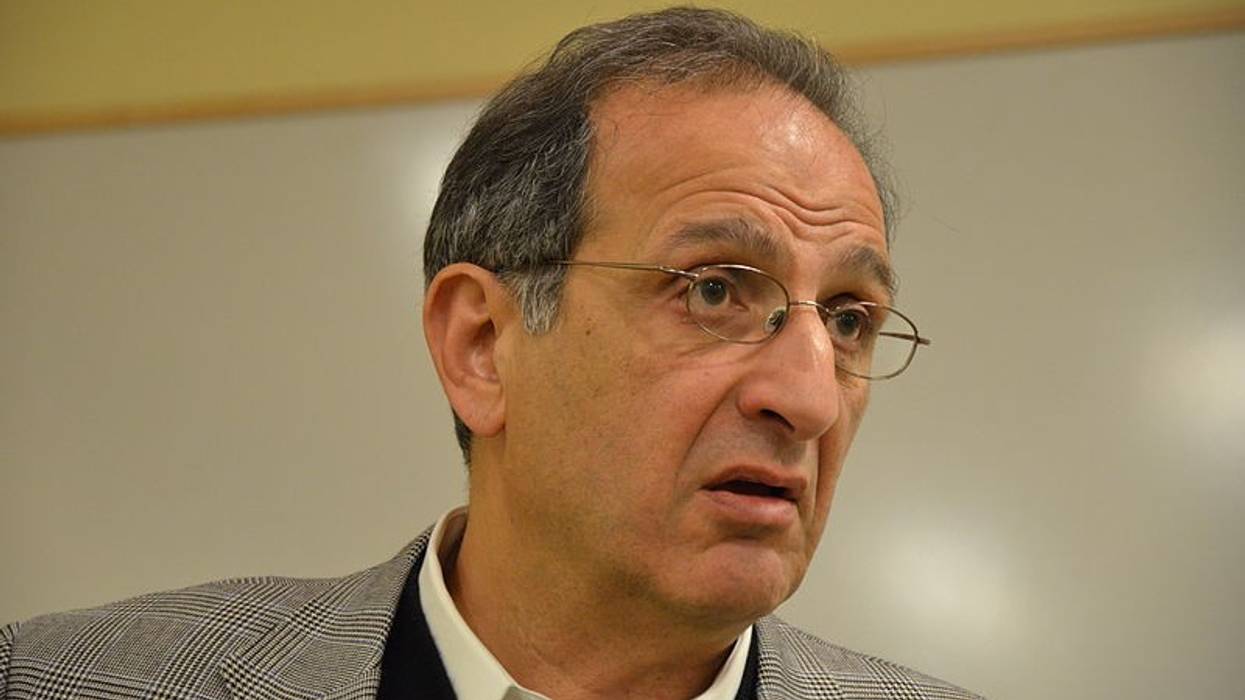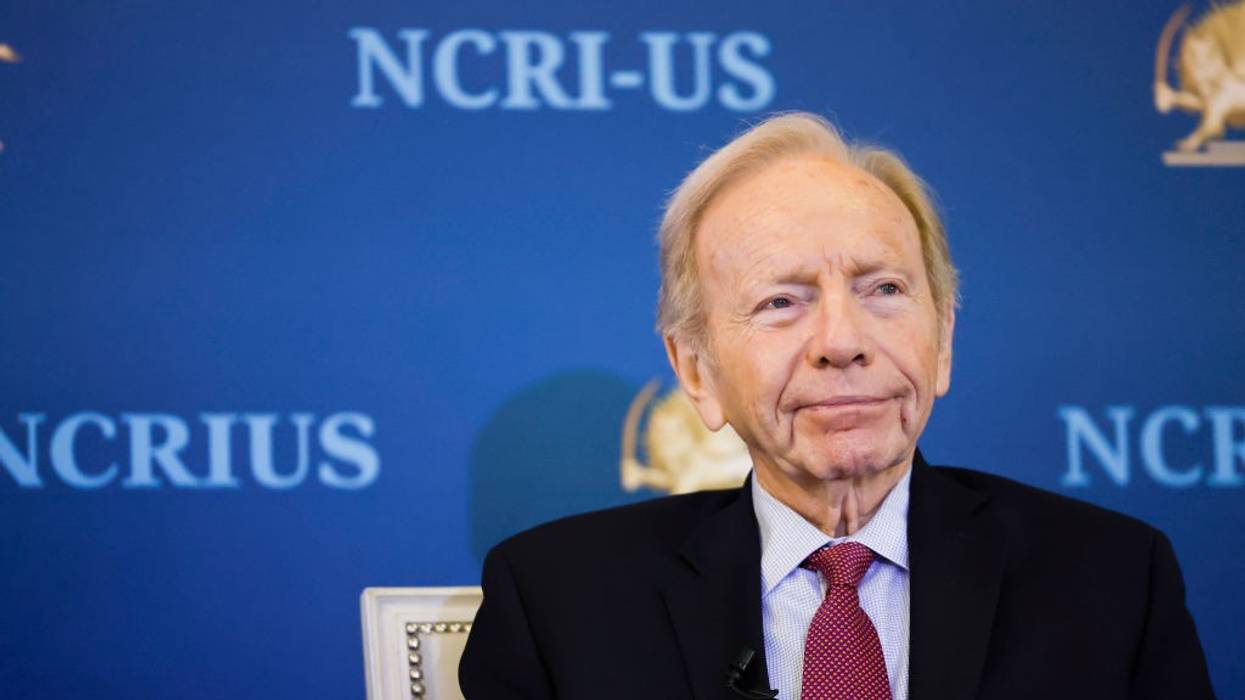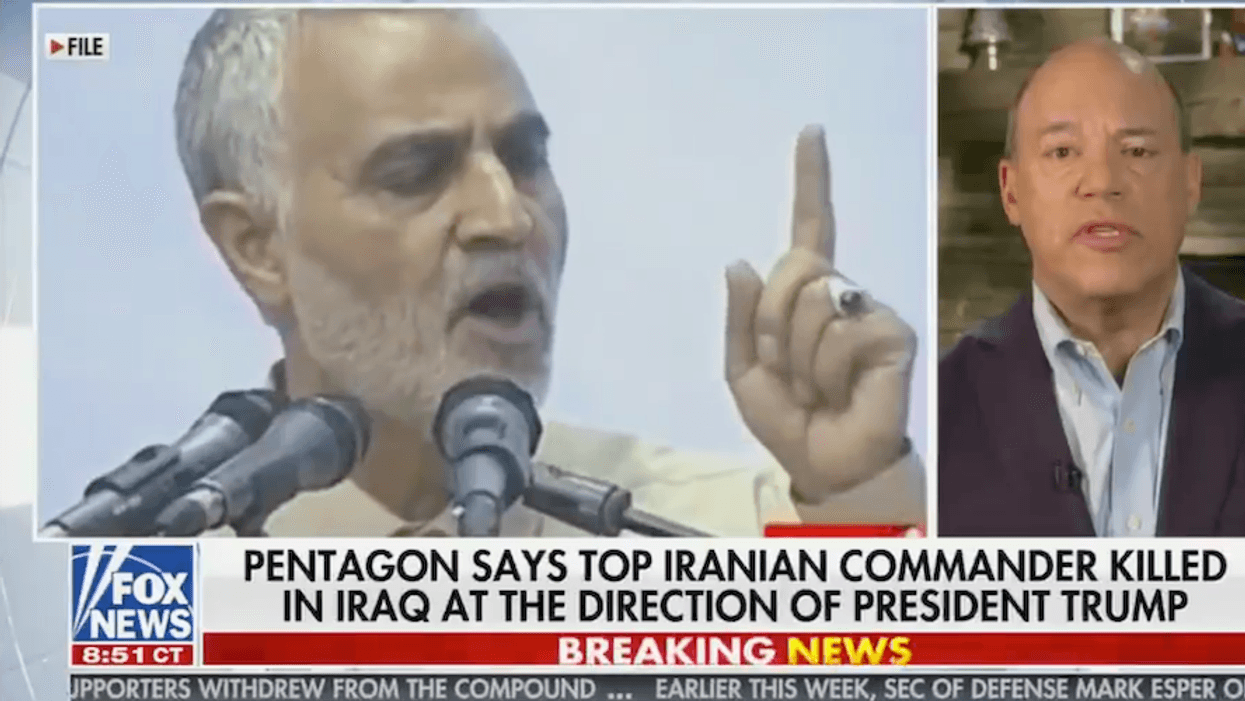The Political Rise of Arab Americans Shows the Value of Sticking Around and Fighting
Today, despite the horrors of genocide in Gaza, we must never forget that we retain the capacity to make change.
Two seemingly unrelated events of the last week have caused me to reflect on the long journey we’ve taken to Arab American empowerment. The first was the March 27 death of former Senator Joseph Lieberman. This was followed by the 28th anniversary of the tragic death of former Secretary of Commerce Ronald Brown on April 3.
Arab Americans were provided the opportunity to enter U.S. politics as an organized community in the 1984 and 1988 presidential campaigns of Jesse Jackson. Because it was the first campaign to welcome Arab Americans by name, the community enthusiastically responded. We registered new voters, organized to elect a record number of delegates to the national convention (over 80, when in previous years there had never been more than a handful), with many hundreds more participating in state party conventions and passing Palestinian statehood resolutions in 10 states.
Despite our successes, or more likely due to them, the resistance by pro-Israel groups to our involvement increased dramatically. They smeared us and pressured candidates and elected officials to reject our support. In 1984, for example, the presidential campaign of Walter Mondale returned Arab American contributions and in 1998, the Michael Dukakis campaign rejected an endorsement from Arab American Democrats.
Change is never easy and never comes by itself, it requires hard work and allies.
After the 1988 campaign, as Ron Brown was set to begin his chairmanship of the Democratic Party, he pledged to end this exclusion. His first meeting as chair was with me, saying he wanted to send the message that Arab Americans had a home in the Democratic Party. As he introduced me to key staff, he announced to all that this was a new day for Arab Americans in the party. And it was.
A few months later he became the first party chair to address an Arab American convention. One of his staff told me that before coming into our meeting he had an “emergency coffee” with a major pro-Israel donor who told him, “if you even walk into that room, I’ll pull my donations and get others to join me.” I asked Brown what he was going to do. He said, “I’m going to speak to Arab Americans.”
The problems we faced didn’t end. Pressure was placed on other candidates and elected officials on the local levels to exclude Arab Americans—and many did. By the time we got to the 1992 Democratic Convention, we were frustrated by the block we encountered in trying to work with the Clinton campaign.
At the convention, I was approached by David Ifshin who served both as legal counsel to AIPAC and as an official in the Clinton campaign. He said to me, “I understand Arab Americans are trying to get into the campaign.” He then used an obscene expletive saying there was no place for us and we ought to go elsewhere.
I was angered and told Ron Brown what had just occurred. He told me he’d been working on it but that he too had difficulty breaking through, as there were other officials committed to blocking our entry. He suggested that I also try other routes.
As I had an upcoming meeting scheduled with Senator Lieberman to discuss another matter, I thought I’d also tell him about my encounter with Ifshin. I knew the Senator and I didn’t agree on much, but I had found him to be thoughtful and open to dialogue. I was right. He was so outraged by the Ifshin story that he promptly called the Clinton campaign headquarters and demanded that they meet with Arab Americans and invite them to play a role in the campaign. The next day we were invited to meet and find our place in the campaign. During the next few months, we demonstrated our capacity to work and were never again excluded from any Democratic presidential campaign.
When Bill Clinton entered the White House, he welcomed us in and gave us a seat at the table, providing Arab Americans with unprecedented access and opportunities to engage in policy discussions on a range of foreign and domestic policy concerns.
Along the way, at times I despaired of ever seeing Arab Americans overcome the objections of those who wanted to exclude us from participating in the political mainstream. At one point I told Jesse Jackson that I was ready to quit. He looked at me sternly and said, “Never do that, because it’s exactly what your enemies want you to do. What they’re most afraid of is that you’ll stick around and fight.” That’s exactly what we’ve done, and today, despite the horrors of genocide in Gaza, we must never forget that we retain the capacity to make change. Look at what’s been done: amazingly diverse mass mobilizations calling for a cease-fire and questioning U.S. arms for Israel; over 150 cities calling for an end to the Israeli war; a remarkable national movement demonstrating to President Joe Biden that there will be electoral consequences to his policies; and a growing drift of public opinion in an anti-Israel, pro-Palestinian direction.
Change is never easy and never comes by itself, it requires hard work and allies. That’s what it took to get to where we are today. And that’s what today’s Arab American activists are doing to challenge the U.S.’ failed policies toward the Palestinian people.


